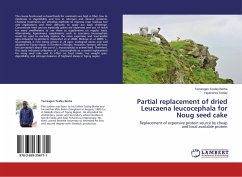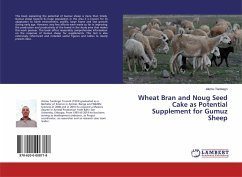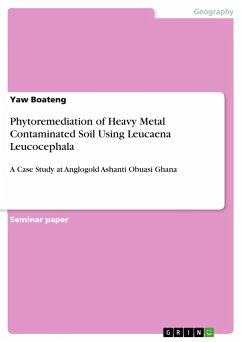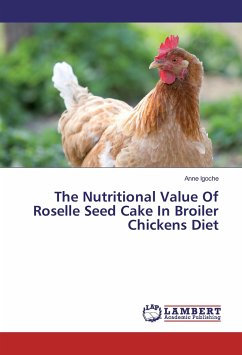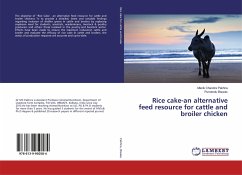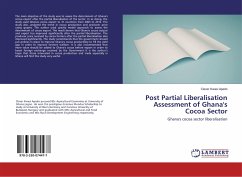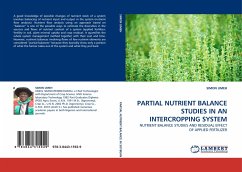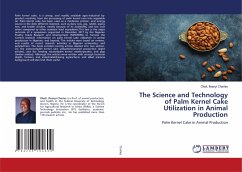The coarse feeds used as basal feeds for ruminants are high in fiber, low to moderate in digestibility and low in nitrogen and mineral contents. Chemical treatments are effective methods to improve crop residues but cost implications and their difficulty to apply are basic challenge. Concentrate feed sources especially grains are expensive and out of reach for many smallholders to use them as supplements on regular basis. Alternatively, leguminous supplements such as Leucaena leucocephala could be used to partially replace the more expensive and inaccessible agro-industrial by-products (Yayneshet et al 2008; Mekoya et al 2009). L. leucocephala is now being grown in all agro- ecological zones and well adapted to Tigray region in northern Ethiopia. However, farmers still have low perception about the use of L. leucocephala as animal feed. Therefore, this study indicated utilization of L. leucocephala as a partial replacement for noug seed cake and its effect on feed intake, live weight gain, digestibility, and nitrogen balance of highland sheep in Tigray region.

